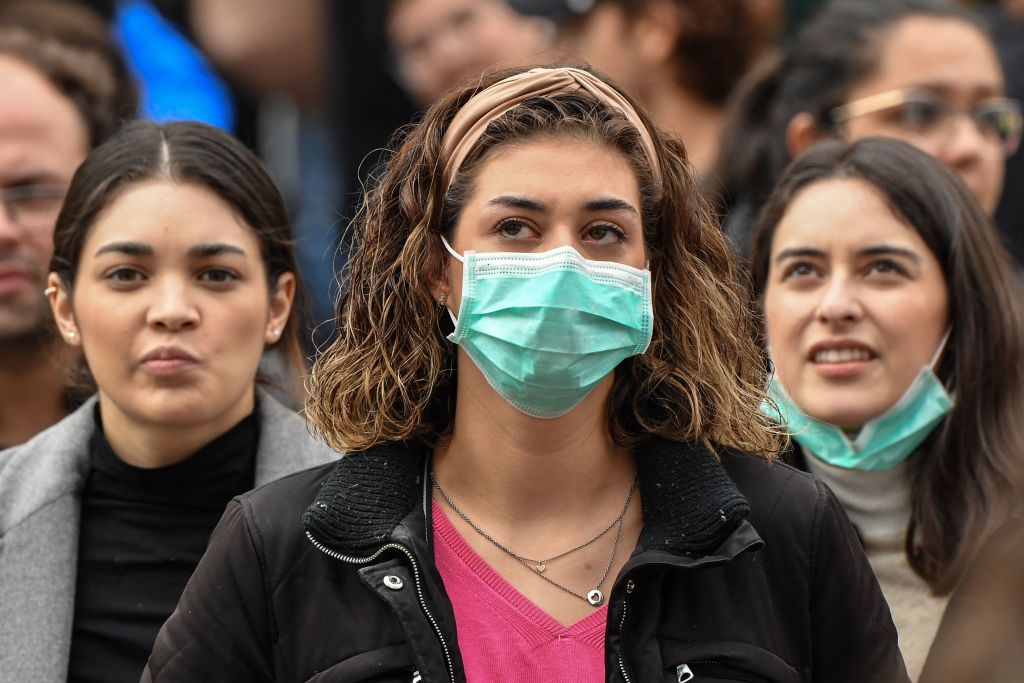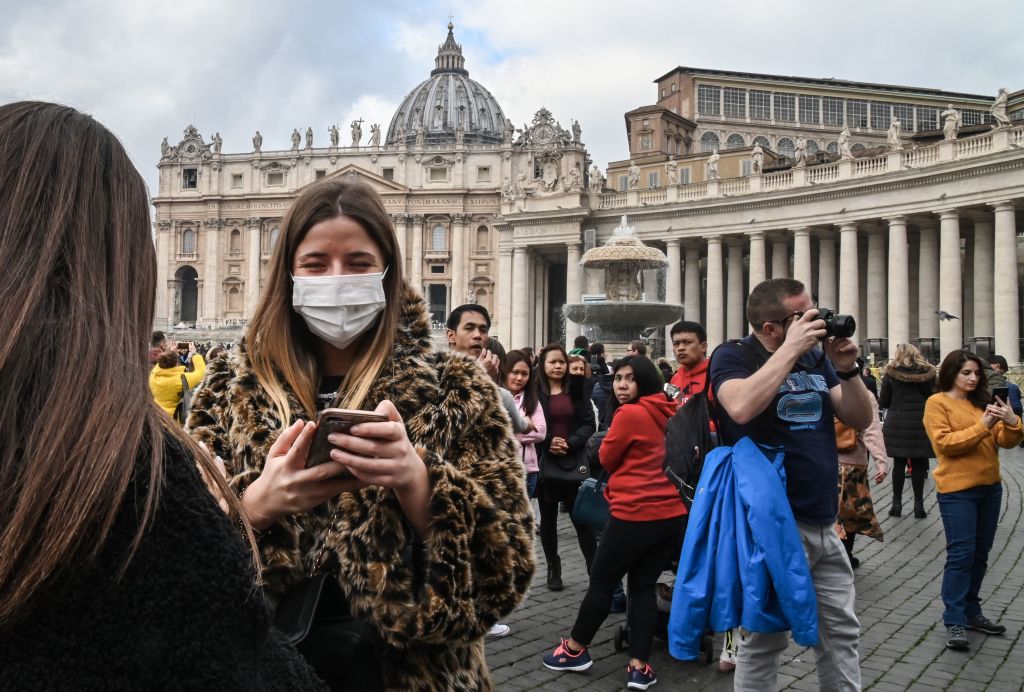Inside the Italy lockdown: Life in Europe’s coronavirus quarantine zone

I was at home with my family last night when we learned that our town was one of those being put into the “red zone”, quarantined to battle coronavirus.
We had spent Saturday evening with friends, discussing how the nursery closures were affecting our ability to work. The cracks in our normal lives have been evident for some weeks.
But then a leaked draft of the decree that was signed by Italy’s prime minister, Giuseppe Conte made us realise things were about to get much worse.
As of Sunday morning, areas that are home to 16m people are on lockdown. Residents can return, but you cannot leave for any but the most serious reasons. We do not yet know how this will be implemented but most likely it will involve police checkpoints on the main roads.
In and around Padua, a busy university town of 250,000 people, shopping centres will be closed during weekends.
Cinemas, museums, libraries, community centres, sport centres, gyms are all to be closed to the public. Events, public or private, are to be cancelled.
From Monday to Friday, shop and restaurant owners need to make sure customers keep a distance of one metre, as per the government’s orders.

My next trip to London, where I travel monthly for work, is postponed indefinitely. Such a severe restriction of my freedom of movement feels disturbing, perhaps more than the thought of catching the virus itself.
Trying to keep some semblance of normality I went for a long run on Sunday morning, in preparation for the Padua Marathon, which is still scheduled for next month. I saw plenty of other joggers and walkers enjoying the sunshine, cars coming in and out of town.
But behind the scenes, people are trying to make sense of what it means for them. A friend owns a small business with a factory in Vincenza, outside the red zone. He and half of his team live in Padua while the rest live in Vicenza.
His task for the rest of the day was finding out whether his employees could get to work the next morning. If they cannot, he will have to shut production, potentially for weeks.
He is one of thousands of small business owners in the area. The whole of Northern Italy, and Veneto in particular, relies on small and medium-sized enterprises. The economic impact of the epidemic restrictions will be felt for months, if not years.

Before the latest move, restaurants and bars were already bare. People were cancelling holidays. The critical tourism sector is already feeling the full force of this crisis. Venetian hotels were reporting up to 40 per cent of customers cancelling bookings. Now that number will only rise.
Hospitals are coping as best as they can. Padua’s university hospital, one of the largest in Italy, has hired an additional 150 staff and spaces are being reorganised.
The region’s intensive care units seem to be able to bear the pressure. The same cannot be said about hospitals in other regions. So far the virus has not yet reached Southern Italy, where hospitals are famously under-resourced.
The situation feels dystopian, but people are pragmatic. The measures are intended to minimise contact between people. If anything the question is whether this is too late. After a few weeks of unhelpful arguments, our politicians seem to have become kinder to one another. They are now moving forward as one.
There is, however, too little clarity in terms of how the government will deal with the economic impact. The government has said it will expand the budget, but Italians need reassurance that they can get to work and look after their kids properly. The economic uncertainty exacerbates the inevitable panic caused by the coronavirus.